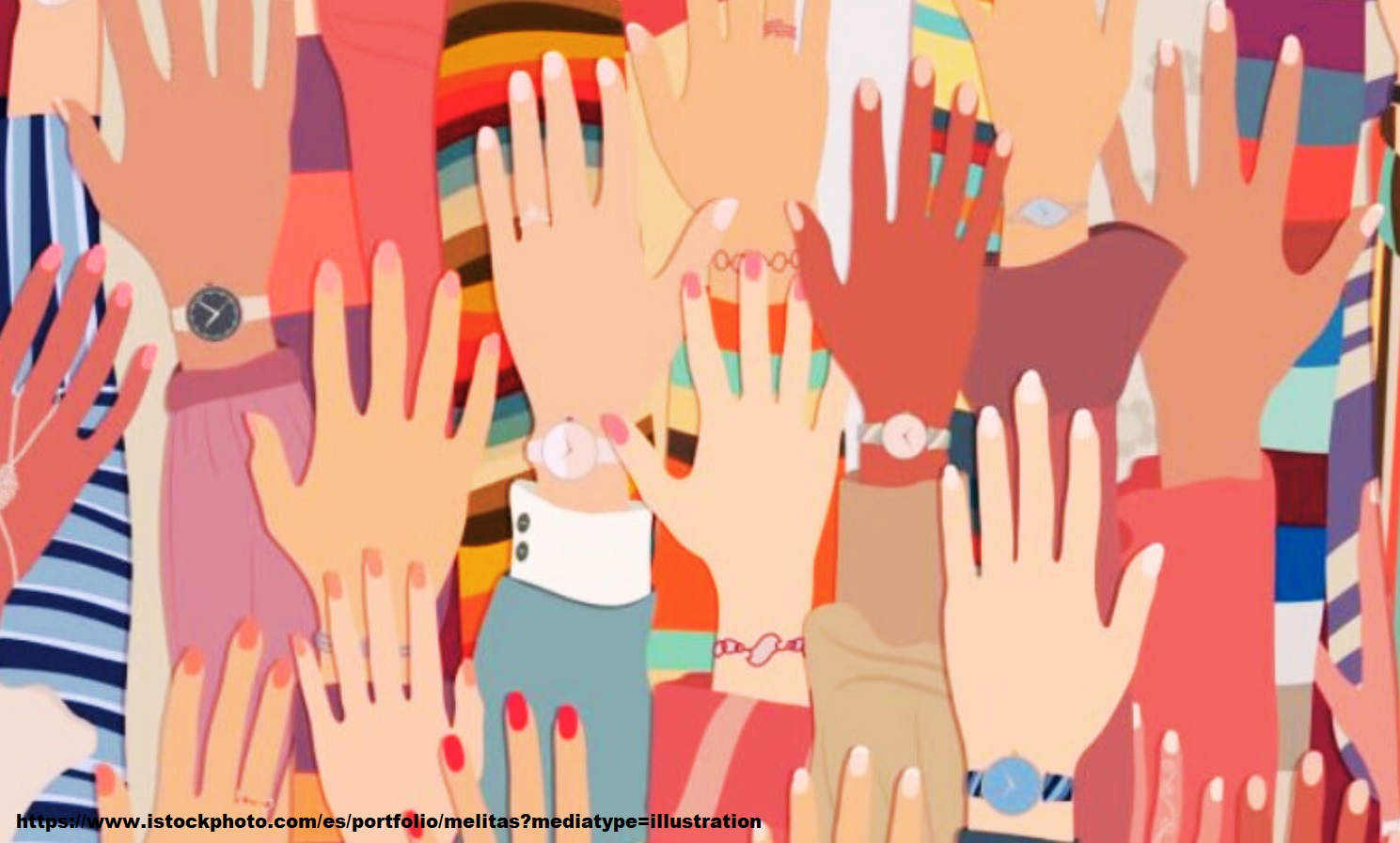Food and women’s bodies in Anglophone feminist critical dystopias: from text to context following the pattern of the “hyper-materialization”
DOI:
https://doi.org/10.54103/2035-7680/23073Parole chiave:
Anglophone literature; feminist critical dystopia; 21st century; USA; United Kingdom; food; women’s bodiesAbstract
Food is a theme of crucial importance in contemporary feminist critical dystopias, functioning as a symbol of both household hierarchization and market dynamics of production and consumption. As such, food can be a useful interpretative key to connect dystopian fiction to the state of the world outside the literary text. In order to explore this connection, I will argue that food is exploited by dystopian systems of organization through a process which I term “hyper-materialization”: reducing women to their (re)productive roles through both a metaphorical and a concrete association with food, women’s agency is stifled and their productivity is maximized. Following these premises, many of the potentially positive endings characterizing the genre can be framed as a recovery of food’s immaterial dimensions of desire, pleasure and affection. It will be argued that these can be interpreted as the analytical way out of the dystopian novel, compelling readers to bring such resistant practices into their material and situated contexts. To demonstrate the diachronic permanence of this pattern across geographic divides, my analysis will consider The Handmaid’s Tale by Margaret Atwood (1985) along with two contemporary texts from the United Kingdom: Sweet Fruit, Sour Land (Rebecca Ley, 2018) and The Water Cure (Sophie Mackintosh, 2018).
Downloads
Riferimenti bibliografici
Atwood, Margaret. The Canlit Foodbook: From Pen to Palate – a Collection of Tasty Literary Fare. Totem Books, 1987.
---. The Edible Woman. Virago Press, 1969.
---. The Handmaid’s Tale. Vintage Classics, 2010.
---. The Testaments. Chatto & Windus, 2019.
Baccolini, Raffaella. “Gender and Genre in the Feminist Critical Dystopias of Katherine Burdekin, Margaret Atwood, and Octavia Butler.” Future Females, The Next Generation. New Voices and Velocities in Feminist Science Fiction Criticism, edited by Marleen S. Barr, Rowman and Littlefield, 2000, pp. 13-34.
Baccolini, Raffaella, and Tom Moylan. “Introduction. Dystopia and Histories.” Dark Horizons: Science Fiction and the Dystopian Imagination, edited by Raffaella Baccolini and Tom Moylan. Routledge, 2003, pp. 1-12.
---, editors. Dark Horizons: Science Fiction and the Dystopian Imagination. Routledge, 2003.
Balsamo, Anne. Technologies and the Gendered Body. Reading Cyborg Women. Duke University Press, 1996.
Bordo, Susan. Unbearable Weight: Feminism, Western Culture and the Body. University of California Press, 1993.
Butler, Judith. Bodies that Matter: On the Discursive Limits of Sex. Routledge Classics, 1993.
Cavalcanti, Ildney. “The Writing of Utopia and the Feminist Critical Dystopia: Suzy McKee Charna’s Holdfast Series.” Dark Horizons: Science Fiction and the Dystopian Imagination, edited by Raffaella Baccolini and Tom Moylan, Routledge, 2003, pp. 47-68.
Cixous, Hélène. “Castration or Decapitation?” Signs, vol. 7, no. 1, 1981, pp. 41-55.
Domingo, Andreu. “’Demodystopias’: Prospects of Demographic Hell.” Population and Development Review, vol. 34, no. 4, 2008, pp. 725-745.
Engels, Friedrich. The Origin of the Family, Private Property and the State. Verso Books, 2021.
Foucault, Michel. The History of Sexuality. Volume I: An Introduction. Vintage Books, 1990.
Grosz, Elisabeth. Volatile Bodies. Toward a Corporeal Feminism. Indiana University Press, 1994.
Jameson, Frederic. Archaeologies of the Future: the Desire called Utopia and other Science Fictions. Verso Books, 2005.
Juncker, Clara. “Writing (With) Cixous.” College English, vol. 50, no. 4, 1988, pp. 424-436.
Irigaray, Luce. “When our lips speak together.” Signs: Journal of Women in culture and Society vol. 6, no.1, 1980, pp. 69-79.
---. This Sex Which Is Not One. Cornell University Press, 1985.
Lawless, Joseph F. “Libidinal Economies, Risk Economies: Hélène Cixous, the Poetics of the Gift, and the Queer Potential of Skin-to-Skin Connections.” Conference given at Hélène Cixous and Contemporary Directions, April 13, 2017, University of Columbia, http://blogs.law.columbia.edu/nietzsche1313/12-13/. Accessed 7 June 2023.
Ley, Rebecca. Sweet Fruit, Sour Land. Sandstone Press, 2018.
Marx, Karl. The Communist Manifesto (1848), https://www.marxists.org /archive/marx/works/1848/communist-manifesto/ch01.htm. Accessed 7 June 2023.
Moylan, Thomas. Scraps of the untainted sky: Science fiction, utopia, dystopia. Routledge, 2018.
Sargent, Lyman Tower. “The three faces of utopianism revisited”. Utopian studies vol. 5, no.1, 1994, pp. 1-37.
Mackintosh, Sophie. The Water Cure. Doubleday, 2018.
McMichael, Philip. “Commentary: Food Regime for Thought.” The Journal of Peasant Studies, vol. 43, no. 3, 2016, pp. 648-670.
Mellor, Mary. “Feminism and Environmental Ethics: A Materialist Perspective.” Ethics and the Environment, vol. 5, no. 1, 2000, pp. 107-123.
Monticelli, Rita. “Utopie, Utopisme et Féminisme.” Histoire Transnationale de l’Utopie Littéraire et de l’Utopisme. Honoré Champion Editeur, 2008.
---. The Politics of the Body in Women’s Literatures. I Libri di Emil, 2012.
Olivi, Marta. 2022. “Two Faces of the Feminist Dystopia in the United Kingdom: Sophie Mackintosh and Rebecca Ley”. Altre Modernità, n. 28 (novembre), pp. 330-41. https://doi.org/10.54103/2035-7680/19135.
Orbach, Susie. Fat is a Feminist Issue. Arrow Books Limited, 2016.
Penny, Laurie. Meat Market: Female Flesh Under Capitalism. Zero Books, 2011.
Perkins Gilman, Charlotte. The Yellow Wallpaper. Penguin Classics, 2015.
Probyn, Elspeth. Carnal appetites: FoodSexIdentities. Routledge, 2000.
Retzinger, Jean P. “Speculative Visions and Imaginary Meals: Food and The Environment In (Post-Apocalyptic) Science Fiction Films.” Cultural Studies, vol. 22, no. 3-4: Cultural Studies and Environment, Revisited, 2008, pp. 369-390.
Sargent, Lyman Tower. “Food studies and utopia: why they need each other.” Olsson, Anna; Araujo, Sofia; Vieira, Fatima Food Futures. Ethics, Science and Culture. Wageningen Academic Publishers, 2016, pp. 25-27.
Spillers, Hortense J. “Mama’s Baby, Papa’s Maybe: An American Grammar Book.” Diacritics, vol. 17, no. 2, Culture and Countermemory: The American Connection, 1987, pp. 64-81.
Suvin, Darko. “On the Poetics of the Science Fiction Genre.” College English, vol. 34, no. 3, Dec. 1972, pp. 372-382.
---. “Theses on Dystopia 2001.” Dark Horizons: Science Fiction and the Dystopian Imagination, edited by Raffaella Baccolini and Tom Moylan, Routledge, 2003, pp. 187-202.
Varsam, Maria. “Concrete Dystopia: Slavery and its Others.” Dark Horizons: Science Fiction and the Dystopian Imagination, edited by Raffaella Baccolini and Tom Moylan, Routledge, 2003, pp. 203-225.
Dowloads
Pubblicato
Come citare
Fascicolo
Sezione
Licenza

Questo lavoro è fornito con la licenza Creative Commons Attribuzione - Condividi allo stesso modo 4.0.




